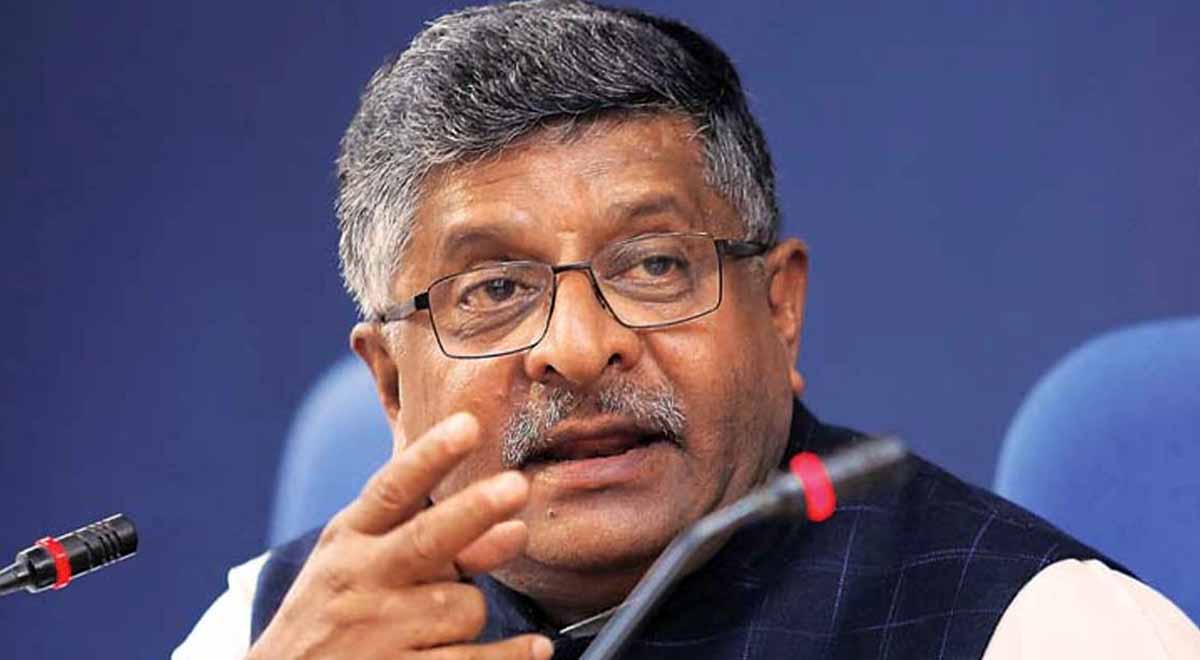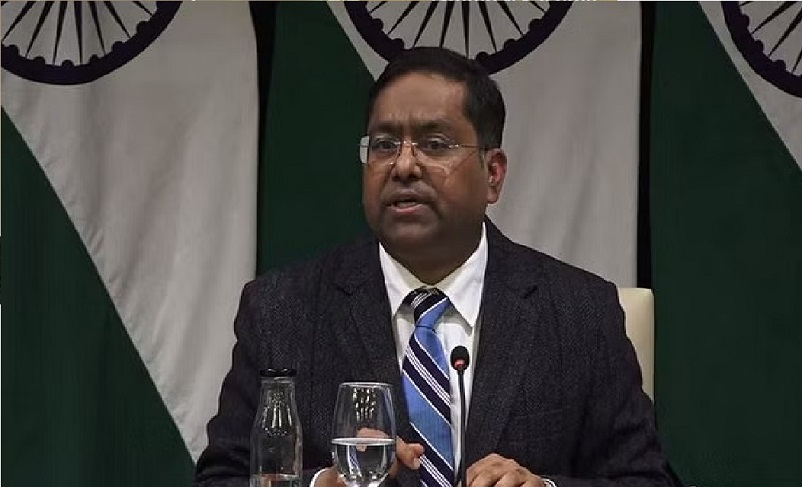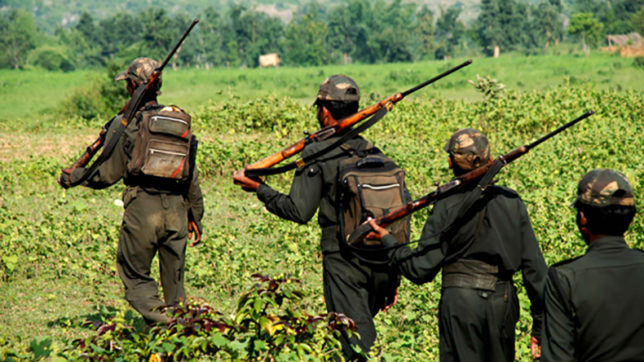New Delhi: The Indian Council of Medical Research on Monday said the emerging evidence suggests that transmission of coronavirus from mother to baby before birth or during delivery is possible although the proportion of pregnancies affected and the significance to the neonate is yet to be determined.
The apex health research body also said there are no recorded cases of breast milk being tested positive for COVID-19 at present, and no data suggesting an increased risk of miscarriage or early pregnancy loss in relation to the disease.
“…Emerging evidence now suggests that vertical transmission (from mother to baby antenatally or intrapartum) is probable, although the proportion of pregnancies affected and the significance to the neonate has yet to be determined,” it said.
However, it is unknown whether newborns with COVID-19 are at an increased risk for severe complications and transmission after birth via contact with infectious respiratory secretions is a concern, the ICMR said.
In a guidance for management of pregnant women during the pandemic, the apex body said hospitals should consider “temporarily separating” (separate rooms) the mother, who has COVID-19 or is a suspected case, from her baby until the mother’s transmission-based precautions are discontinued.
“Also, there is no evidence currently that the virus is teratogenic (causing developmental malformations). Long-term data is awaited,” the ICMR said.
It clarified pregnant women do not appear more likely to contract the infection than the general population. “However, pregnancy itself alters the body’s immune system and response to viral infections in general, which can occasionally be related to more severe symptoms and this will be the same for COVID-19”.
In other types of coronavirus infection(SARS, MERS), the risks to the mother appear to increase in particular during the last trimester of pregnancy. There are case reports of preterm birth in women with COVID-19 but it is unclear whether the preterm birth was always iatrogenic, or whether some were spontaneous.
Pregnant women with heart disease are at highest risk (congenital or acquired), the ICMR said, adding the coronavirus epidemic increases the risk of perinatal anxiety and depression, as well as domestic violence.
“It is critically important that support for women and families is strengthened as far as possible; that women are asked about mental health at every contact,” it said.
The guidance states that the obstetric units should ensure appropriate isolation of pregnant patients who have confirmed COVID-19 or are under investigation.
Healthcare providers should create a plan to address the possibility of a decreased workforce, potential shortage of personal protective equipment,limited isolation rooms, and should maximize the use of tele healthfor prenatal care.
ICMR said the guidance are based on the limited evidence available to date about transmission of the virus that causes COVID-19, and knowledge of other viruses that cause severe respiratory illness including influenza, severe acute respiratory syndrome coronavirus (SARS-CoV),and Middle East Respiratory Syndrome coronavirus (MERSCoV).
The recommendations are based on guidelines from international disease control agencies and publications and simplified for Indian context, the document stated.








